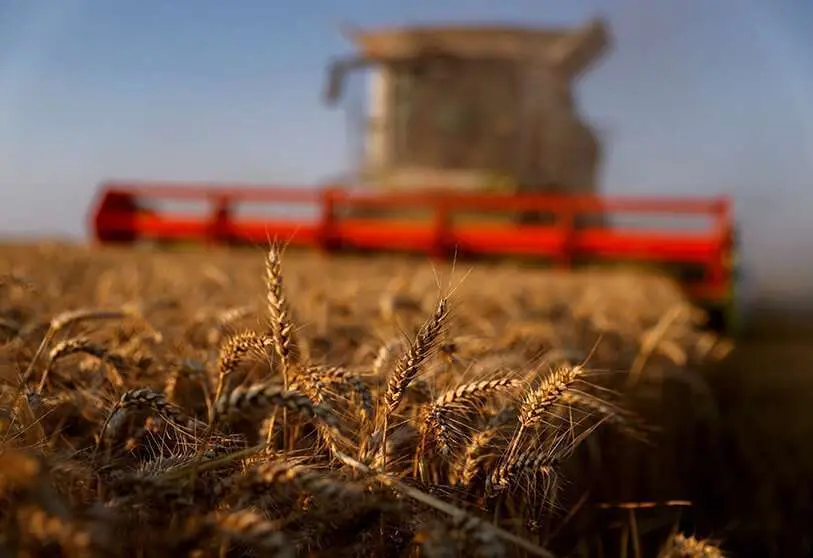Crisis de suministro de trigo blando en Marruecos: ¿cómo superar el desafío de abastecimiento a largo plazo?

Common wheat is one of Morocco's main agricultural products and an important part of the population's diet. Most common wheat is imported, mainly from the United States, Canada and the European Union. The Ministry of Agriculture has increased subsidies for soft wheat producers to alleviate price pressure on the local market. This has helped reduce the cost to consumers, although prices remain high and demand is increasing.
In 2023, the stock of common wheat will only cover needs for three months. This means that, for the rest of the year, the country will be in a shortage situation. This is because the government has not taken adequate measures to increase the production of common wheat and improve the efficiency of production processes. On the other hand, farmers have not received financial assistance to improve growing conditions and production. To ensure a sufficient supply of common wheat, the Moroccan government has committed to increase stocks through better management and stockpiling. The Ministry of Agriculture has also pledged to increase domestic production through the use of better agricultural practices and incentives for farmers. This will help reduce reliance on imported soft wheat and increase the Kingdom's food security. In addition, the government has sought new suppliers of soft wheat and has launched an e-commerce programme to facilitate procurement.

Bank Al-Maghrib has forecast that grain production in 2021 will be below the average of 5.5 million tonnes. This shows that wheat stocks will remain low, which means that prices will continue to rise in the coming months. Therefore, importers will face higher costs to meet domestic wheat demand. This could jeopardise Morocco's food security.
The government needs to take measures to ensure adequate domestic wheat production to cover the needs of the population. This implies investing in wheat production infrastructure, such as better quality seeds, more efficient production technologies and access to credit for farmers. The government must promote and support sustainable agriculture to ensure a stable wheat supply.

This prediction is based on data from the Moroccan Bureau of Statistics, which shows that imports of soft wheat into Morocco have increased by 21% since 2018, with a record 3.7 million tonnes in 2021. The increase is due to the lack of rainfall in the country, which has led to a reduction in agricultural production, increasing Morocco's reliance on soft wheat imports. As the drought continues to affect the Kingdom, demand for soft wheat will continue to increase. This is in addition to the reduction in agricultural production, which will make the importation of common wheat necessary to meet demand. This in turn will allow producers in other countries, such as France, to earn higher profits.
Increased imports of common wheat into Morocco would have a major influence on the international market. If the predictions of increased imports come true, it will be a great success for Moroccan agriculture, as it will be able to meet the population's demand. It will also be good news for international soft wheat producers, as they will gain more income from Moroccan imports.








